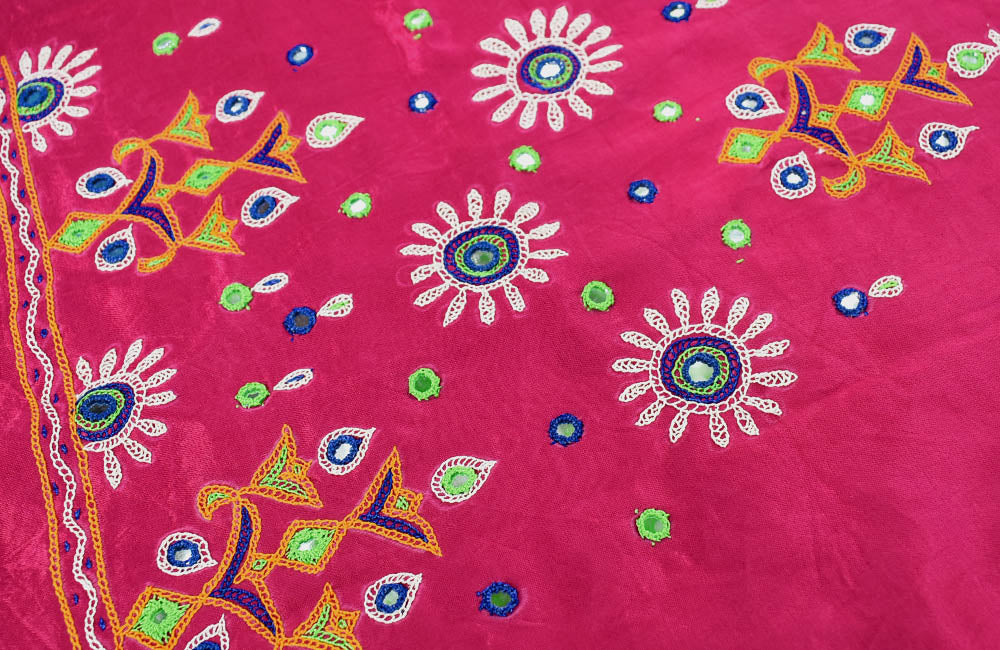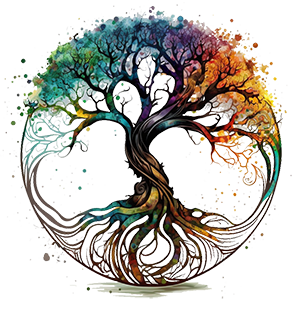Fabric
Beautiful Mashru Silk Blouse Fabric with Kutch Ahir Hand Embroidery
Beautiful Mashru Silk Blouse Fabric with Kutch Ahir Hand Embroidery
Couldn't load pickup availability
Share
Check COD Availability
Beautiful Mashru Silk Blouse Fabric with Kutch Ahir Hand Embroidery for back and sleeves
Length : 1 mtr
Width: 47 - 48 inches
About Mashru :
Mashru fabric has a Satiny Silk exterior but the inner fabric which stays in direct contact with the skin is made of Cotton. Mashru fabric is a hand woven mix of cotton and silk. Mashru silk has the appearance of glistening silk that conceals the soothing feel of cotton. The fabric is mainly manufactured in Patan and Mandvi in Gujarat.
Things to remember:
We try to match the colors/details of the products in the photos to the real ones, but please allow for minor color variation in the material in some cases, as sometimes the digital cameras miss the colors by a bit..
Care for your fabric:
Suggest a dry wash ( Dry cleaning ) for the first 2 washes .. which can be followed by a separate gentle cold wash with mild detergents..
A little about Kutch embroidery :
Kutch work embroidery (also known as Kachchhi embroidery) is one of the most easily identifiable styles of embroidery from Gujarat and a well patronised handicraft textile in India. Deriving its name from its places of origin, the Kutch and Saurashtra regions of Gujarat, Kutch embroidery is characterised by the use of vibrant colors, mirrors and beads and intricate and extensive needlework that embellishes the entire fabric on which it is based.
From the geometric Kharek to the intricate Suf and to the thorn bush inspired Rabari, the identity of every Kutchhi person is woven in the stitches of these embroideries. Things seen in daily lives; flowers and bushes, peacocks and camels, women doing household chores and men tending to cattle, all these are inspirations for these beautiful designs. The colors used are mainly green, indigo, deep red, black, yellow and ivory.
Historically, it is said that Kutch embroidery was brought about by ‘Kathi’ cattle breeders who later settled down and created some fine needlework which displayed a variety of elements, designs, themes, patterns and moods. Kutch embroidery has been there for centuries and in the 16th and 17th centuries Kutch embroidery pieces were exported by western countries. It is also believed that mochis or shoemakers were taught Kutch embroidery 300 years ago by a Muslim wanderer in Sindh and that is what started the tradition. However, Kutch embroidery clubbed with Sindh tradition owns styles such as Suf, Khaarek, and Paako, Rabari, Garasia Jat and Mutava.
These intense, contrasting colours and reflective mirrors give a breath of life to the barren arid environment of Kutchh.






